
Researchers have developed a framework for monitoring soil function in the EU that includes data collection, management and modelling.
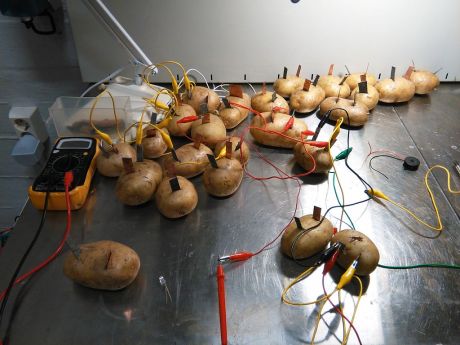
An EU research project is adjusting models of clean versus dirty energy technology and investment practice to predict how different policies will affect climate change.

The extinction of plants and animals can have devastating effects on the environment as well as on humans. An EU-funded project is exploring methods to conserve biodiversity in areas where species are threatened.
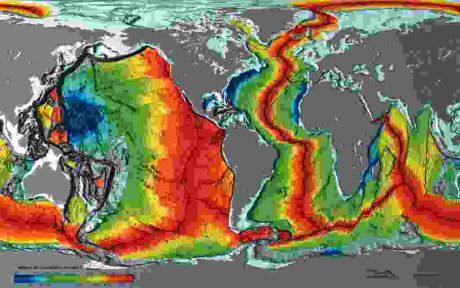
The world's oceans cover over two thirds of the Earth's surface. EU-funded scientists are paving the way for a European network of deep-sea observatories to facilitate real-time monitoring of the myriad of changes affecting our lives.
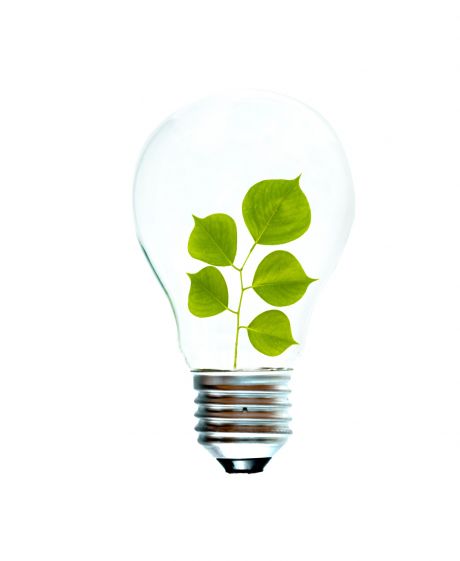
EU-funded scientists successfully developed a system that generates electricity from low-temperature waste heat ranging from 60 to 120 °C. Harnessing low-grade heat should help to significantly mitigate the negative environmental impact of industrial plants.
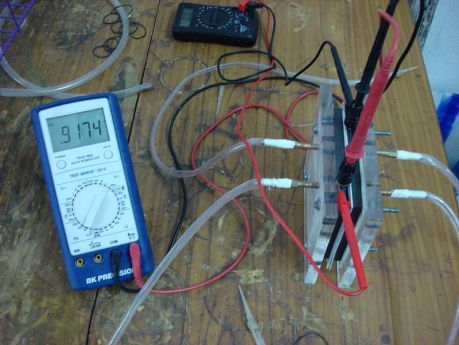
New membrane-electrodes assemblies with less platinum content can slash the costs of automotive fuel cells (FCs). An EU-funded project is developing a new electrode concept without compromising on FC efficiency and durability.
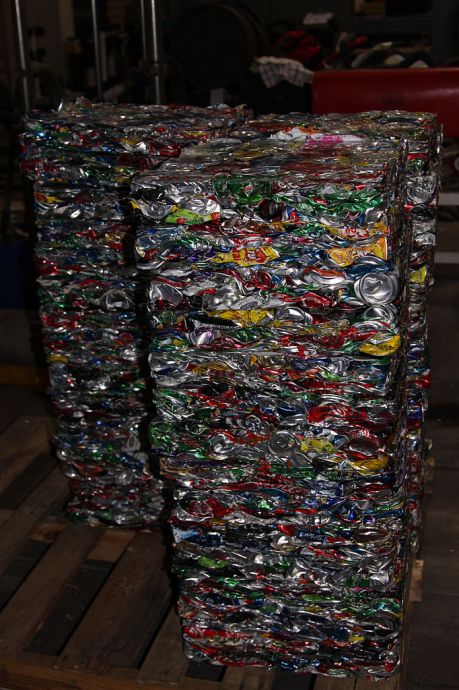
Although aluminium is a highly versatile and sustainable material, some of its by-products from recycling can be hazardous to the environment. An EU-funded project is developing in situ recycling technology of its waste by-products that is economical and safe for the environment.
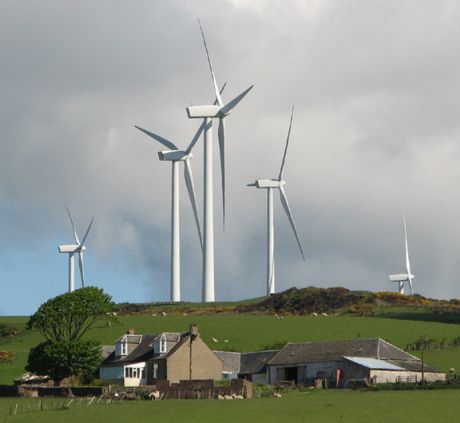
Different regions and economic sectors are dealing with the impact of climate change in different ways. A framework to optimise these responses under different scenarios has been developed under the auspices of an EU-funded initiative.
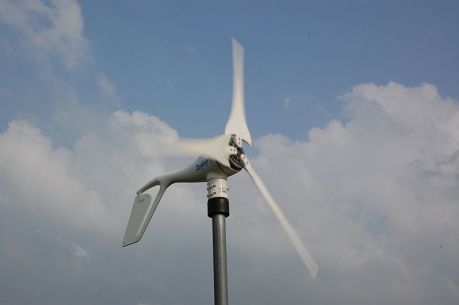
Small-scale renewable energy systems are changing the global energy landscape, lowering environmental impacts. An EU-funded project is developing new tools for distribution system operators (DSOs) to support their new roles in the European electricity system.

An EU project is developing, testing and sharing innovations for sustainable urban living. The team has created several planning tools, documented case studies involving urban green space experiments, and defined mechanisms for adaptive management.
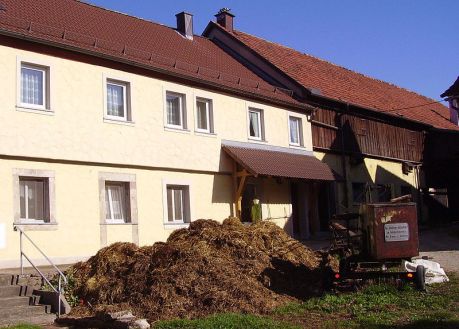
Researchers are taking resource efficiency to a new level by converting livestock manure into a range of useful materials for the agricultural and horticultural industries.
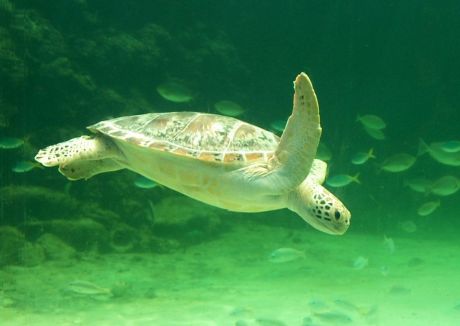
EU researchers are pioneering a new approach to international marine conservation that incorporates networks of reserves and capacity for energy generation.

An EU-funded initiative has developed a number of improvements for Earth system models (ESMs) to provide more reliable projections of future climate.
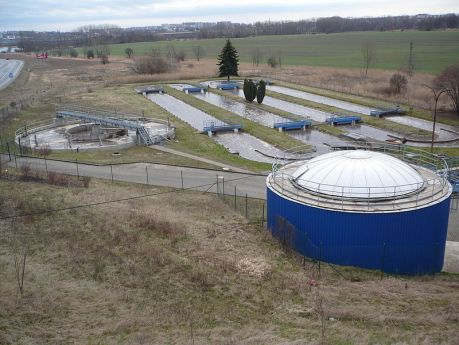
Wastewater treatment plants (WWTPs) must handle large amounts of data from different sources and of varied quality, making it difficult for operators to identify the plant's status. An EU initiative addressed this problem by enabling all available data to be successfully managed.

Aviation is becoming more environmentally friendly with a new software tool that helps improve aircraft performance during every life-cycle stage, from construction to end-of-life through operation.
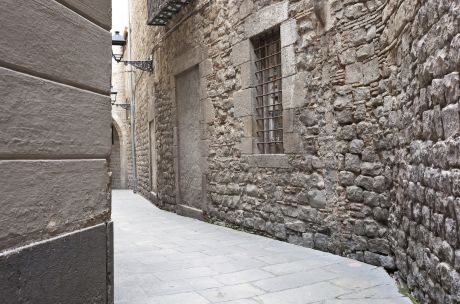
The deterioration of historic buildings has become an increasingly urgent issue and consequently the need of a more sustainable management of the built heritage as well. An EU initiative has developed complex new materials designed specifically to restore heritage materials.
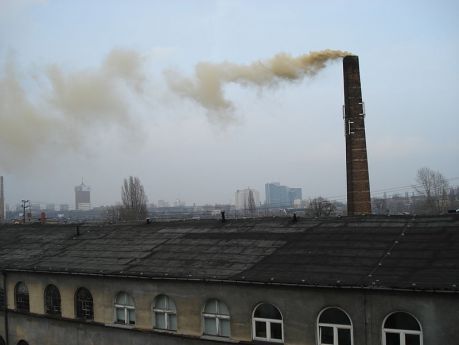
Are the emission reduction strategies of the world's global economies enough to keep global warming under 2 °C?
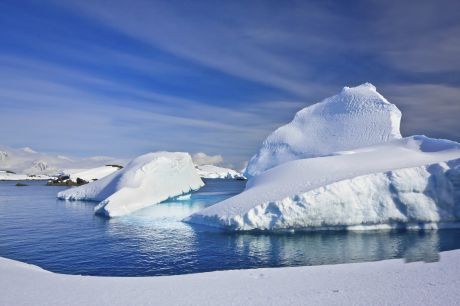
An EU project aims to support policy and decision makers in taking well-informed decisions, by facilitating understanding of the consequences of different policies and climate regimes, thereby reducing uncertainties and enhancing their insights. Work to date involved identification of knowledge needs and their consequent addressing by collecting and synthesising knowledge.
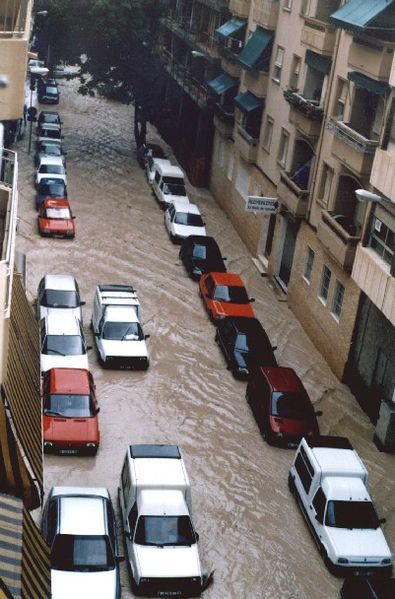
Researchers are hoping to mitigate the effects of natural disasters and climate change-induced weather hazards by improving knowledge sharing between experts in the field.
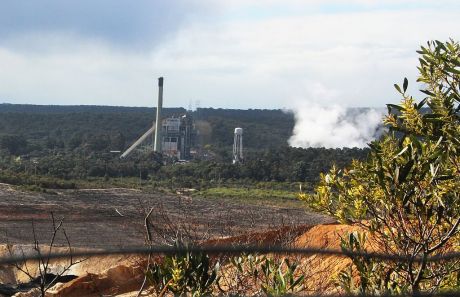
EU-funded scientists developed new technology to capture, transport and store carbon dioxide (CO2) in deep rock formations. This can help mitigate climate change.
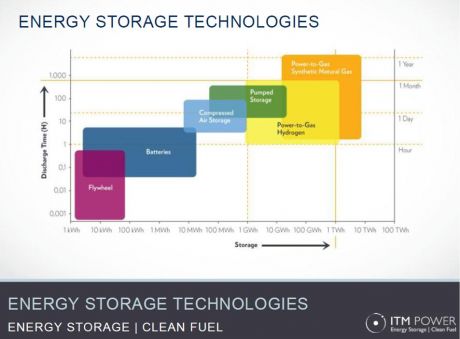
Many countries are making impressive progress towards integration of distributed renewable energy sources (DRESs) into conventional electricity grids. New management tools backed by a business plan and regulatory framework will ensure a smooth transition.

While near-surface disposal of short-lived nuclear waste has reached industrial maturity, deep geological disposal of long-lived spent fuel is not yet as far. An EU-funded initiative brought together regulators and technical safety organisations (TSOs) to develop a network of independent experts and evaluate deep geological repositories.
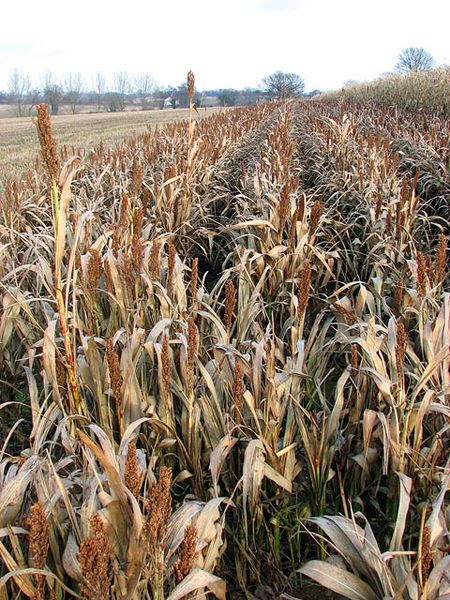
EU-funded scientists are converting residual biomass into energy carriers for producing high-quality fuels and chemicals as well as electricity and heat.
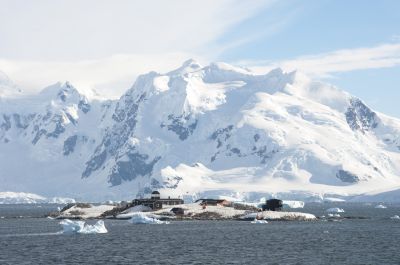
An EU funded PAGE21 project aims to understand the interactions between the global climate system and the frozen ground. It quantifies the permafrost thaw, measures the carbon and nitrogen emissions from permafrost zones and investigates emissions’ effects on climate change.

Global warming may have far reaching effects on Europe and the rest of the world. An EU-funded initiative is identifying and quantifying the impacts and best strategies for responding to a changing environment.
























